If you think of your resume as the gift in the box you’re sending prospective employers, then you might be guilty of treating your cover letter like the unopened card chucked to the side by the bow and wrapping paper.
But your letter is critical — it will often determine whether you land in the “no” pile or score the interview.
Knowing the “do’s” — font choice, authenticity and conciseness — matters. It’s just as critical to avoid blaring “don’ts,” like typos, grammar lapses and turning the document into a vehicle to pen your memoirs.
These may seem as obvious as looking both ways before crossing the street. But it takes a lot of precious time and effort to craft a cover letter. Take it from the experts.
Cover Letter v. Curriculum Vitae
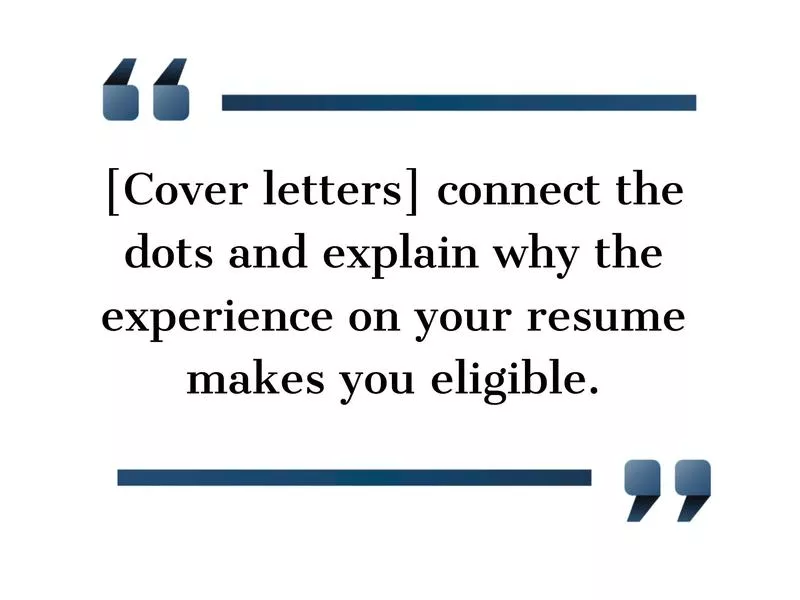
Laura Gano, a lead recruiting specialist for Noll Human Resources in Omaha, Nebraska, said cover letters are “a thing of the past…we don’t take time to read them.”
Instead, she invests more value on the resume when it comes to sizing-up a candidate’s abilities to fill a position in the science, manufacturing or healthcare sector.
“I print the cover letter and staple it behind the resume,” she told us. “Although the letter may tell me why you are interested, if you don’t have what our client needs I can’t move forward.”
But before you think the matter is settled, note that she might be the exception.
David Janke, former Associate Dean of Students at the International Culinary Center argues that the cover letter is meant to “connect the dots and explain why the experience on your resume makes you eligible for the available position.”
Show Off NOT Showoff
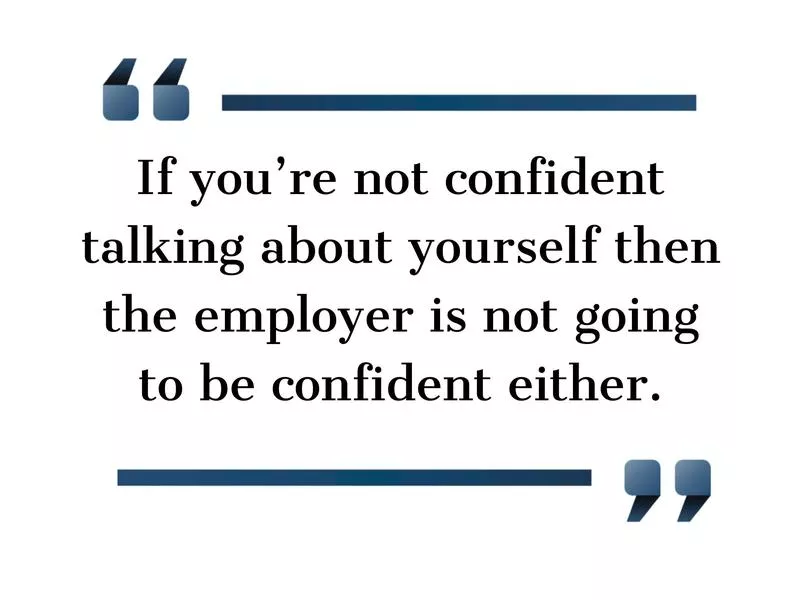
There is a notion that if it’s not in the resume it doesn’t exist. Experts say the same can be said about the cover letter.
You’ve worked hard and achieved so much, so don’t hold back. The good stuff deserves exposure and being reluctant or bashful isn’t going to get you the gig, let alone a cab after you walk out of the interview.
Future workers must be able to “identify and articulate one’s skills, strengths, knowledge and experiences relevant to the position desired,” according to Rutgers University.
Megan Randall of University of Utah’s Career & Development Center says in today’s climate “we have to push ourselves.”
“Honestly, if you’re not confident talking about yourself then the employer is not going to be confident either,” she said.
Not a Letter to Your Grandma
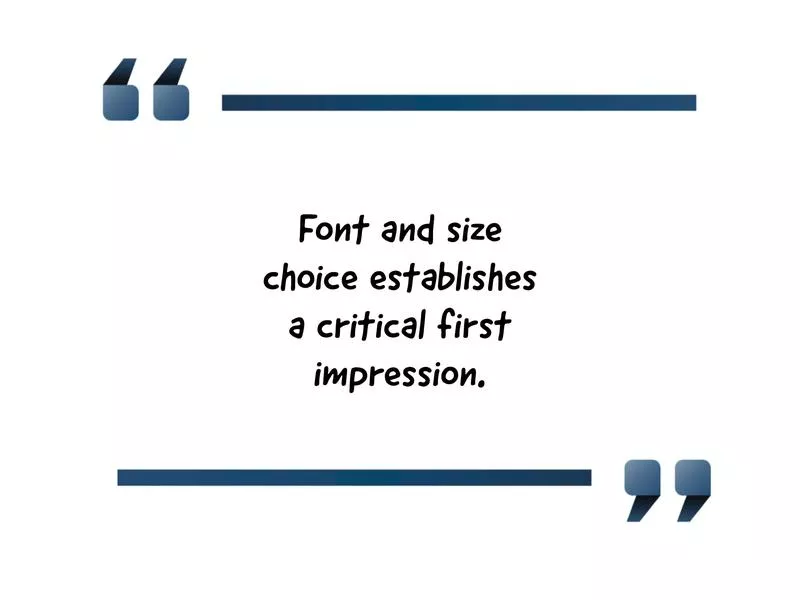
Good cover letter writing etiquette starts by making it easy to read.
Font choice establishes a critical first impression. That means sticking to the Arial, Times New Roman and Calibri family of fonts and steering clear of highbrow Papyrus and Zapfino alternatives.
And the size of the font, experts maintain, should range between 10 to 12 point.
‘To Whom It May Concern’ Is a No-No
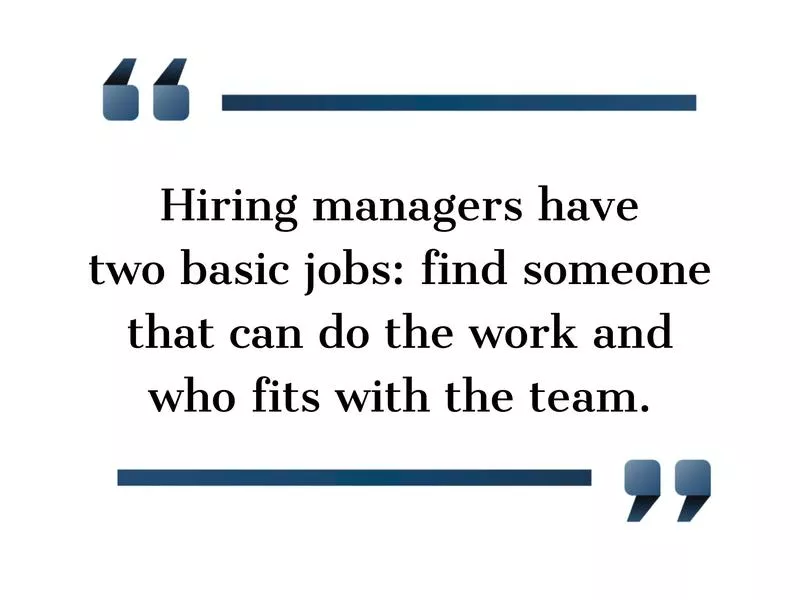
Doing a little digging before writing the cover letter will pay off. So, rather than formally address it to a nameless nobody, track down an actual person. That tenacity will tend to one-up the rest of the flat-footed competition. Having a name will also help you craft the tone of the letter.
Know the difference between the HR executive and the position’s direct supervisor, even if they wear the same jersey.
Nobody Wants to Read Your Memoirs
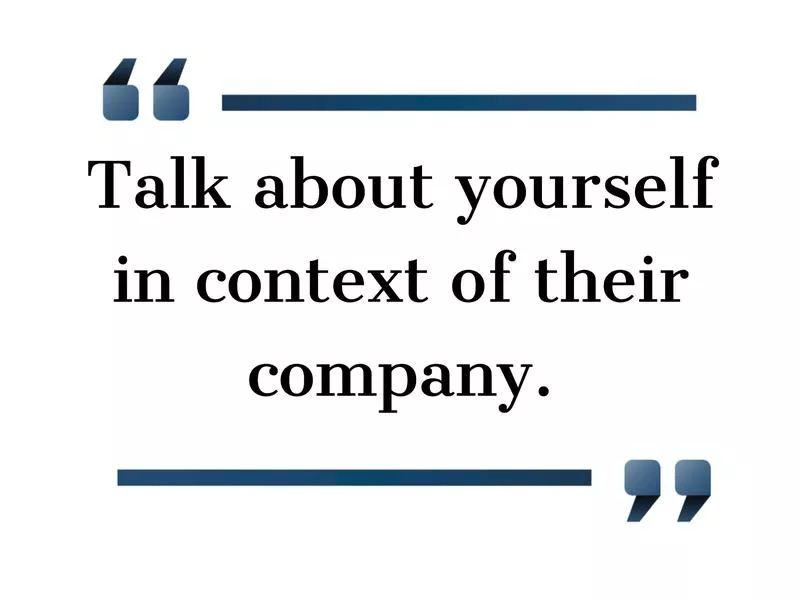
Rule of thumb here: employers are spending heaps of time sifting through stacks of candidates— the more readable and less stylized a cover letter is, the better. But it should be one page long. No more.
Megan Randall is candid about this. “The cover letter shouldn’t be more than a page,” she concedes. “You don’t want employers to flip to a second page about you.”
Talking about yourself too much in the cover letter shows desperation, says Washington D.C.-based Jay Johnson, formerly of the marketing agency, Five Minute Productions.
“Hiring managers have two basic jobs: finding someone that can do the work and fit in with the team,” he says. “If all you do is talk about how awesome you are, how smart you are, how can you crush job skill X… you do nothing to show how you make that second part work.”
The happy middle ground balances your greatness with how it will translate to the position.
“You have to talk about yourself in context of the company,” Johnson explains.
Ten Seconds to Yes, Maybe or No
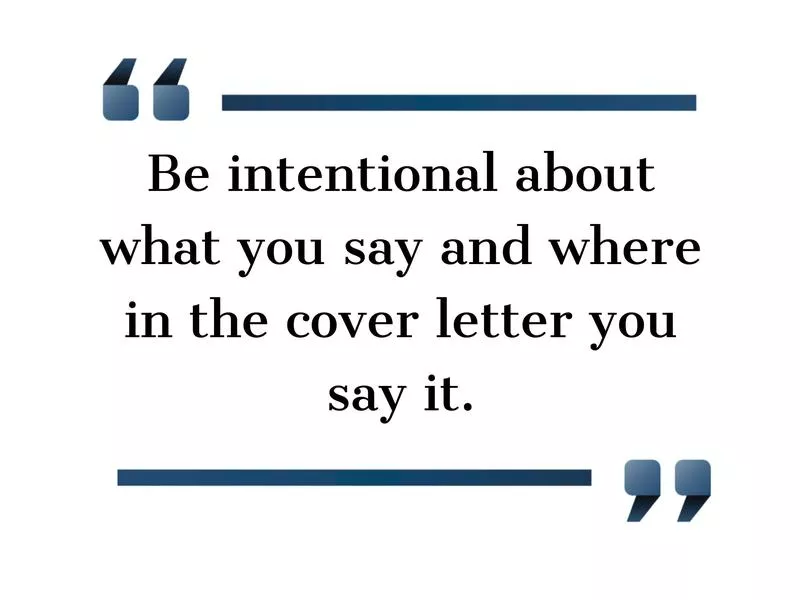
There is a finite amount of time to get your future boss to pull a trigger. “You need to be intentional about what you say and where in the cover letter you say it, because we know employers spend around 4 to 6 seconds looking at a resume,” Randall says. “They probably spend even less time skimming a cover letter.”
David Janke has seen capable chefs and supervisors logging lengthy hours in the kitchen and can’t spend much time scouting for talent on a computer screen.
“Chances are someone reading your cover letter falls into this category and thus doesn’t have an excess of free time to read anything overly verbose,” he says. “Be sure to communicate everything necessary in your cover letter, but keep it as concise and brief as possible.”
Any sort of sloppiness or submitting a haphazard document is a nonstarter, warns Janke.
“As someone who has seen his fair share of cover letters, I can tell you I do not look for anything specific in terms of actual structure or layout,” he admits. “But it should look professional and like there was some time spent on it, not something that was thrown together.”
A Joke Isn’t Funny on the 30th Try
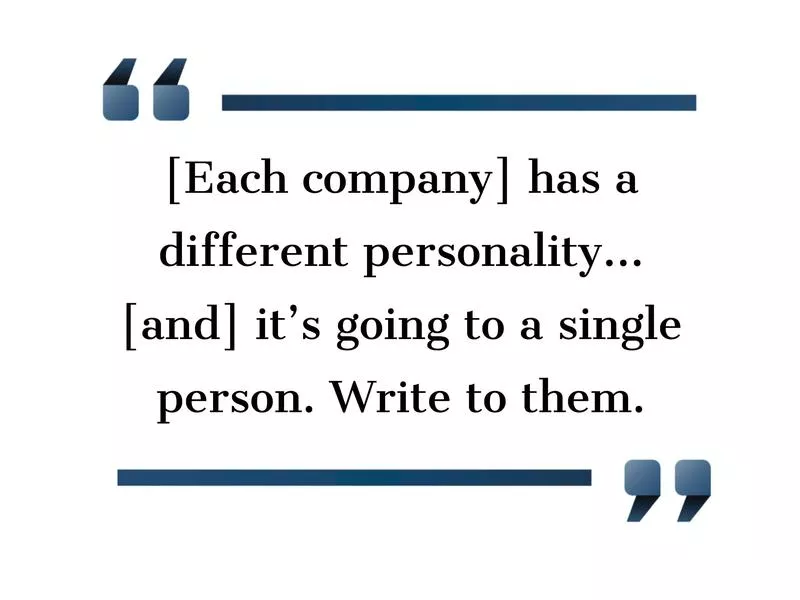
It’s tempting to copy and paste the same letter in each application and switch out the address and company name. But don’t do it! The one-size-fits-all approach in a job application is a recipe for failure.
“It’s easy to do, I know,” Jay Johnson admits. “I’m thinking, ‘I’m sending out 30 of these frickin’ things, I don’t have time to make each one personal. I’ll just cut and paste this funny joke I came up with in each letter.’ Bad.”
Each company, Johnson notes, “has a different personality” and so that needs to be threaded accordingly in the letter, and “It’s going to a single person. Write to them.”
Megan Randall agrees that applicants “think they can recycle the same cover letter for different organizations” but somewhere along the way they are bound to slip up and “forget to change the name of the organization.”
Don’t Boilerplate It
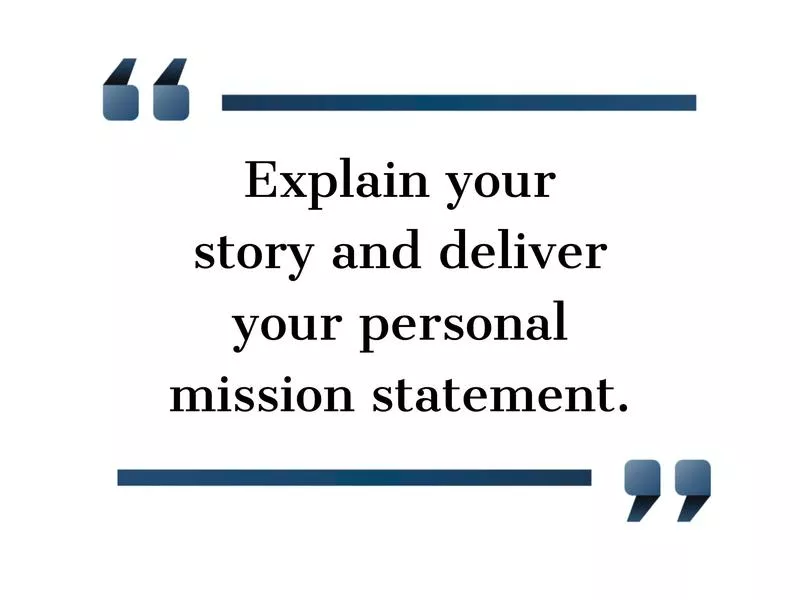
The cover letter, which David Janke likens to being your chance to “explain your story” and deliver “your personal mission statement,” is a barrier breaker. In simple terms, you get to reach the employer or recruiter to get beyond the qualifications in the CV and prove you have what it is that makes over other applicants.
As Janke readily attests, the resume “is very factual, impersonal, and usually static.” Not so with the cover letter.
“It is the job of the cover letter to connect the dots and explain why the experience on your resume makes you eligible for the available position,” he said. “It should be specifically tailored to the job description.”
Show Yourself
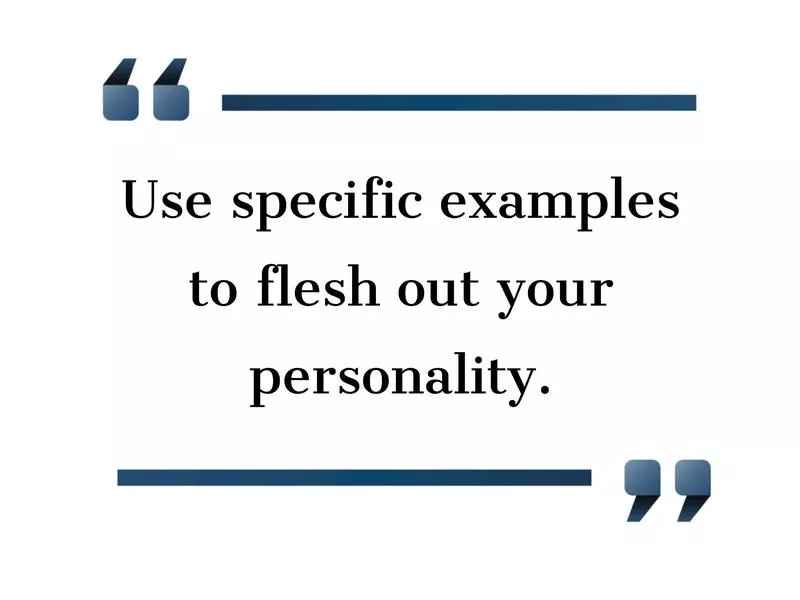
It’s critical to articulate the breadth of your skills and knowhow on how you will be able to succeed in the position and also mesh with the company’s chemistry. The key, Megan Randall explains, is to hone in on specific examples and “flesh out your personality.”
She cautions that you shouldn’t overcompensate and come off as arrogant or a master Jedi, but rather explain in succinct ways that you have proven strengths but also are not afraid to touch on growth gained from mistakes.
A sense of humility, she says, “gives employers confidence that you will come to the table with a set of skills already, but they would be able to work with you and mold you into someone that would well in the the organization.”
Hook Them From the Start
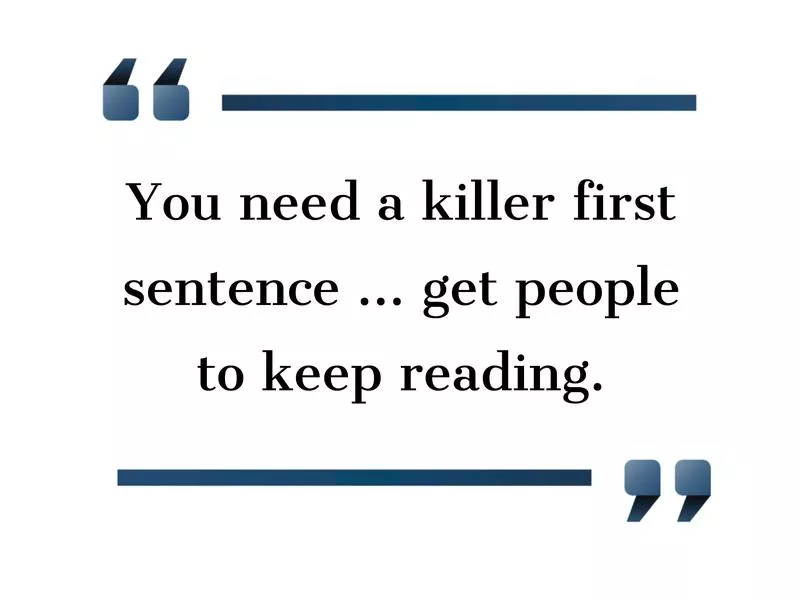
The cover letter must cram a lot of intel in very few words. Randall says it’s critical to do your homework first and it should start with a clever first sentence.
“That first sentence should really hook the reader’s attention in some way and capture their interest,” she explains, and then follows with some qualifications that you can offer.
Jay Johnson agrees that you need to engage the reader. Fast.
“You need a killer first sentence,” he says. “That is what gets people to keep reading your cover letter to spend a lot of time writing that.”
He says the next part of the cover letter “should be about why you are interested in their company” and demonstrate “that you have a genuine interest in their company because of who they are.”
Less Vague, More Specifics
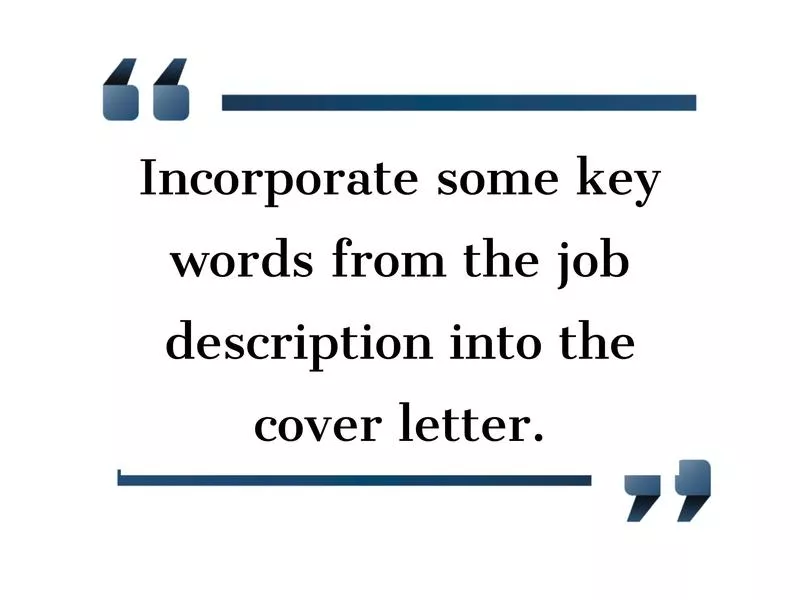
You are telling a story about you but also about your understanding of the position and the place you want to call your home away from home.
That requires precision, research and harnessing the specifics of the position. Randall says that there are many applicants who speak in generalities and never make it to first base as a result.
“They say, ‘Oh I’d like to have this kind of position because I’d like to do this.’ But there could be hundreds of organization that would allow them to take that position.”
David Janke recommends “taking some of the key words in the job description and somehow incorporating them into the body of your cover letter.”
Mastering and repurposing the terminology in the job description is a trick that’s widely encouraged, as it shows a little flattery but also aptitude with the being able to speak the language defining the position.
To Bullet or Not To Bullet
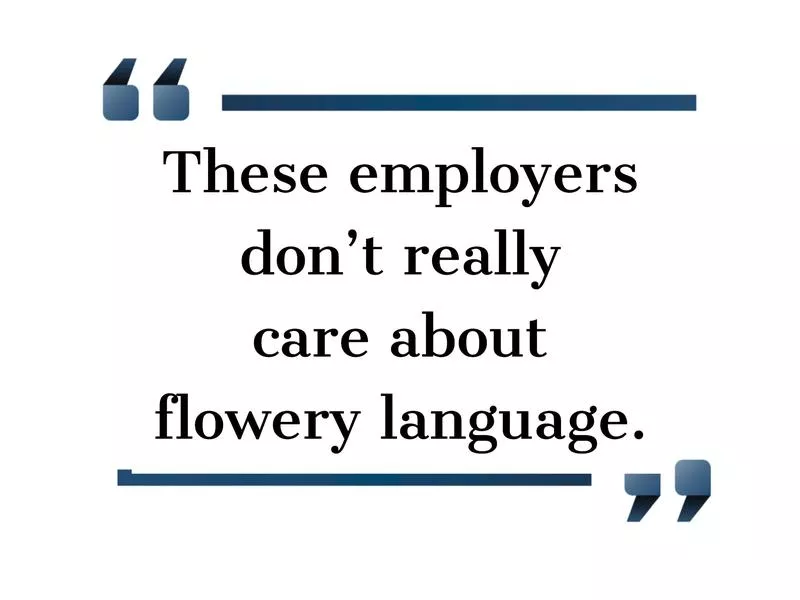
A more creative field may reward crafty sentences and clever riffs with the cover letter, whereas science and engineering spaces don’t put those at a premium.
Randall suggests, for instance, when it comes to architecture or science-focused positions, it’s more effective to bullet point the information.
“These employers don’t really care about flowery language,” she says. “They care about communication skill, but they prefer to be straight and to the point.”
Cover Letter Crusading Conclusion
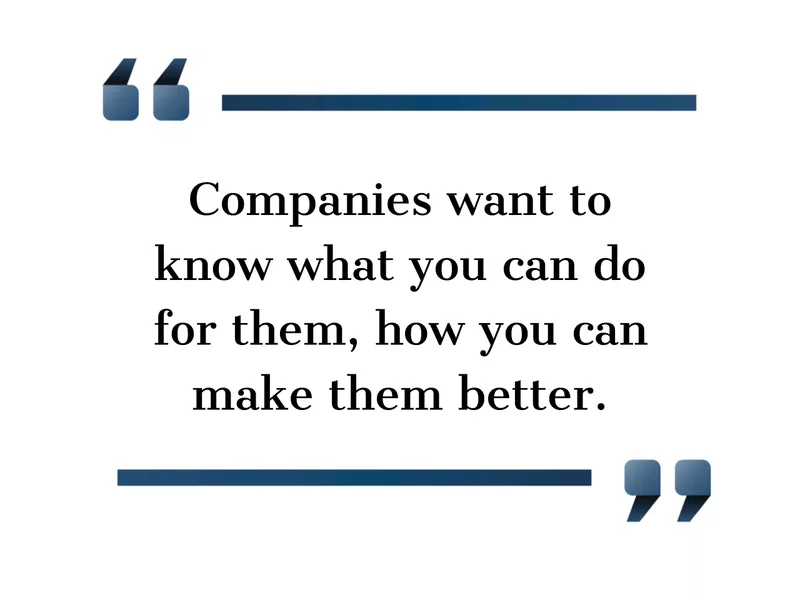
From here you need to show how you can save the day and the future of the company.
“The mistake I see a lot of people make is talking solely about themselves,” Jay Johnson says. “Companies want to know what you can do for them, how you can make them better, how you can fit in and augment a team.”
The marketing executive says the next section should “summarize your thoughts” and then move to a call to action, which he says is a ball too often dropped by applicants.
“Show all the way through the end that you are interested in this job and they would be best served by calling you instead of other candidates,” he says.
While a biography on yourself is important, too much can lead to grandstanding which will backfire, says Janke. “You should definitely speak of your previous professional experience and how it is specifically relevant to the position you are applying for, but be sure not to needlessly boast,” he said. “If it does not pertain to the position, best to leave it out.”
Kill It or Kill Your Chances
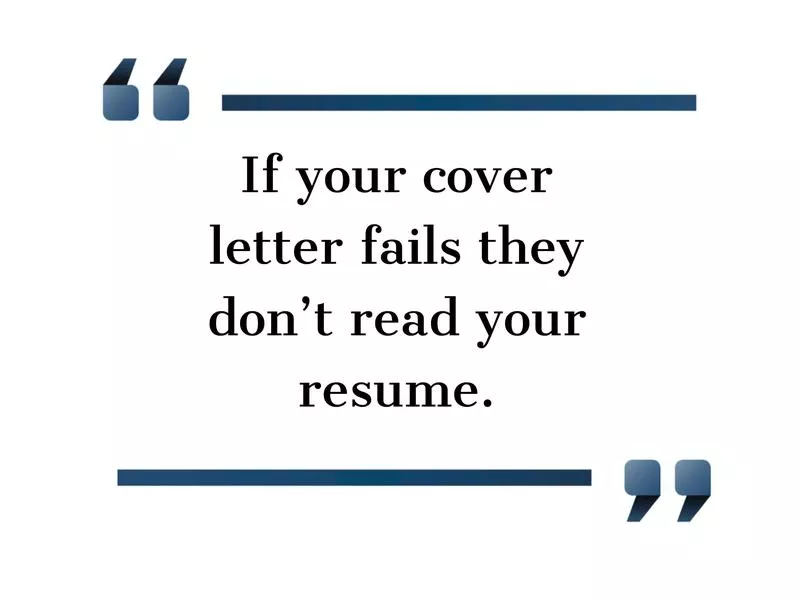
Laura Gano clearly believes the resume outweighs the cover letter, she does admit to taking a closer look when the resume is strong.She holds off on the cover letter “unless I have decided to move forward with a candidate” by reading the resume first.
Jay Johnson sees the cover letter as the make or break beyond even the resume. “If your cover letter fails they don’t read your resume, they don’t call you for an interview, you don’t get a chance to correct a misstep.”
Like a First Date, Hoping for a Second
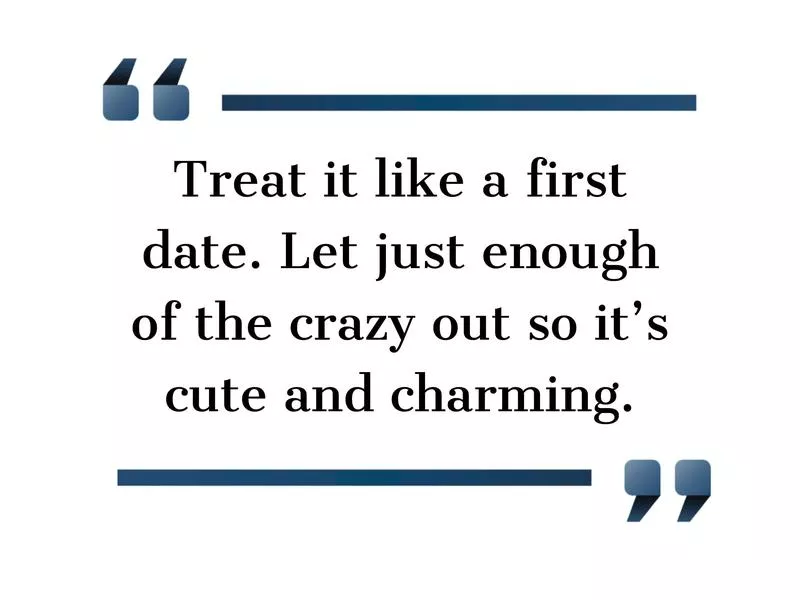
The letter is supposed to show some vulnerability but not too much, some brawn, brains and even tease out the wackiness.
Johnson says an applicant who can figure out how to distinguish their personality and quirks, does so subtly. “Granted you have to treat it like a first date. You want to let just enough of the crazy out so it’s cute and charming but not to send people screaming for the hills.”
Triple Check
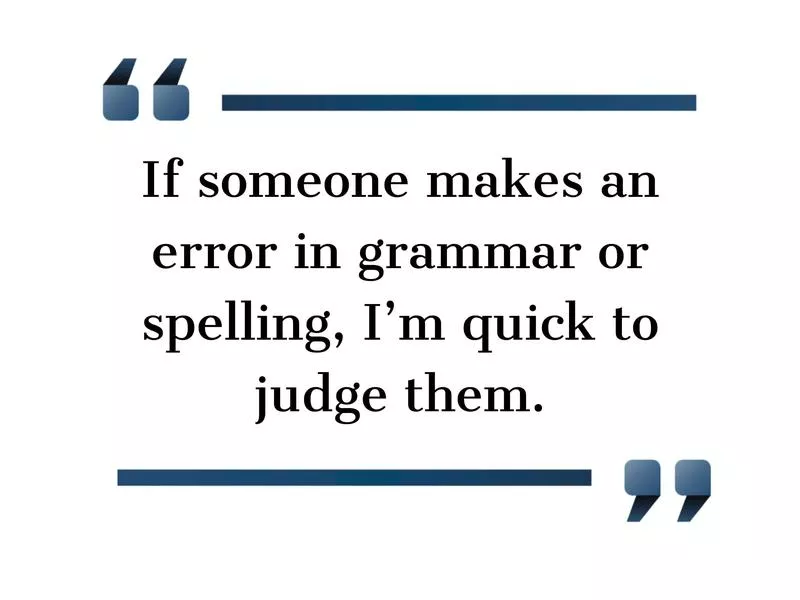
When you’ve crafted the perfect cover letter that you know is going to cinch the next Fortune 500 company chairman’s seat, best to spell check and proofread before sending it out.
“Typos and grammatical errors are… also the easiest things to spot when reviewing a cover letter so be sure to triple check everything before you send it,” David Janke says.
He goes further, advising not to simply check it on your own, but bring in reinforcements by having “someone else review it.”
“If someone makes an error in grammar or spelling I’m quick to judge them and assume that they lack attention to detail,” Megan Randall says. “And I don’t want someone working for me that lacks that skill. That’s an immediate ‘No!’”